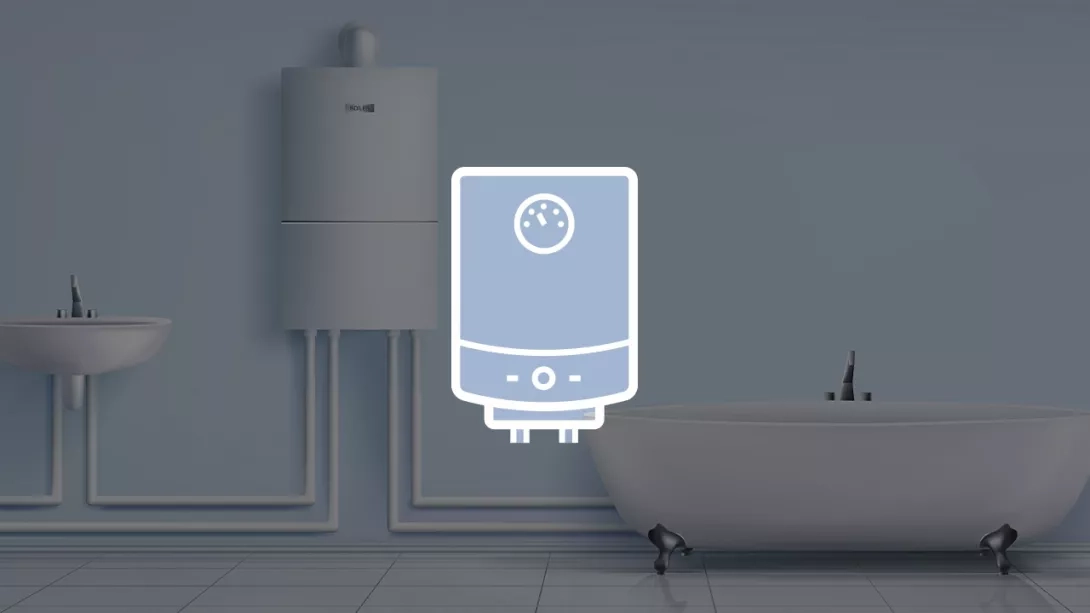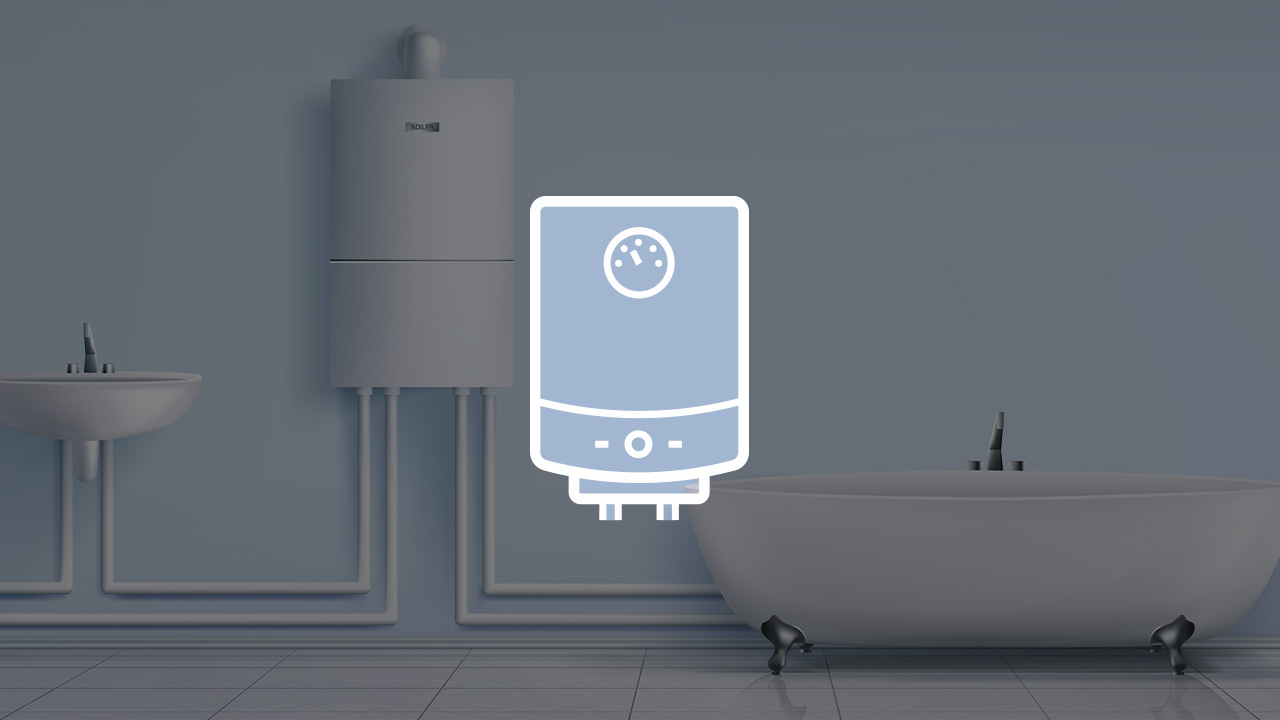An unpleasant odor from the water heater can cause discomfort and may indicate specific problems with the water or the equipment itself. Let's figure out why water in a water heater might smell bad.
Microbial growth
Microbial growth may develop in the water tank of the heater if you:
- Use it very rarely, such as when centralized water supply is turned off or at a summer house during the holiday season.
- Maintain an economical heating mode of 50–60°C.
In these cases, a favorable environment for the reproduction of microorganisms forms. When they die and release their by-products, they cause an unpleasant smell in the water (common odors are musty or rotten). Sulfur bacteria, which thrive in low-oxygen conditions, reduce water sulfates to hydrogen sulfide. While harmless to humans, sulfur compounds produced in this process can accelerate corrosion.
In this case, heating the water heater to its maximum temperature and draining the water should help. You may need to repeat this operation several times. If this doesn't help, a professional cleaning may be necessary, and if the smell persists, the cause needs to be investigated further.
Anode Reaction with Sulfates

The smell may be caused by hydrogen sulfide produced from the reaction of the magnesium anode with sulfates in the water. If the cold water doesn't have the characteristic hydrogen sulfide smell, the anode is most likely the cause.
To check if the anode is indeed the problem, you can temporarily unscrew it. If the smell disappears, you need to replace the anode with a zinc, aluminum, or titanium one, as these metals don't react with sulfates. The water heater cannot function without an anode — this would lead to rapid corrosion of the tank, especially at the welding seams.
Water Quality
When the water temperature increases, the solubility of most volatile organic compounds decreases, and they start to release. This release can cause an aromatic or medicinal smell, indicating contamination of the water with organic substances (phenols, chlorinated organic compounds, etc.). Water with high organic content should not be consumed, but it is safe for the water heater. The solution to this issue is installing a carbon water filter.
Regarding hydrogen sulfide odors, such water will smell immediately after coming out of the well. So, if your water doesn’t initially have a hydrogen sulfide smell, the water composition is not the cause. Catalytic materials can help eliminate the "rotten egg" smell.
Issues with the Water Supply Network

Apart from the water heater, bacteria may also proliferate in the pipes of the water distribution system. In this case, the water will smell unpleasant even before it reaches the water heater. To test for the presence of odor-causing impurities in the water, seal the water in a plastic bottle and let it stand for a day.
This method will intensify the odor and provide an answer to why the water in the heater smells. In this case, a small filter at the water inlet to the system will likely help.
Now that you've learned why the water in your heater develops an odor, let’s talk about how to prevent it.
How to Avoid Odors?
- If you use the economical mode, try to heat the water to temperatures above 55°C from time to time to prevent microbial growth.
- Install a mechanical filter before the water heater, as any particles are a good substrate for bacterial attachment.
- Install a descaling filter to prevent the buildup of calcium and magnesium carbonates, which provide a base for microbial colonies.
- Perform routine water heater cleaning every 6 to 12 months to remove sediment and scale.
- If the anode is worn out or causing an odor, replace it.








